Moongate: Building a Modular Web3 Engagement Layer
It’s getting harder for brands to stay close and reach their customers. In our attention-based economy, the sheer number of distractions placed in front of a typical consumer is growing, while at the same time, the signal to noise ratio for any given interaction is going down. Many consumers choose to tune out entirely, or be negatively polarized towards any kind of brand outreach or activations. Generic experiences, periodic engagement, and limited community building opportunities are issues brands must overcome to enable a deeper connection with their core communities.
In short, the cost of attention is going up – and for brands with genuine missions, this makes it even harder to grow.
There is a bright spot however. Crypto, and on-chain applications offer the potential for a new mode of customer engagement, one centered around genuine value creation for both sides of the equation.
That’s where Moongate comes in. Moongate is building the next generation of customer engagement by seamlessly integrating the physical and digital, with a stated mission to “transform the value exchange between consumers and brands.” Put simply, brands utilizing Moongate can strengthen their engagement with their core fans.
How does it all work? Through a set of related modules and offerings that taken together, provide a new way of powering customer engagement:
- Ticketing: Through utilizing a no-code platform for multiple blockchains, Moongate makes it simple for brands to deploy on-chain tickets, and for users with or without technical background(s) to enjoy the benefits of NFTs. Enhanced experiences such as voting, and gated events with various ticketing tiers can be easily enabled through Moongate’s L2, along with earning points by completing tasks that benefit the whole Moongate community (via the $MGT token)
- Membership: Utilizing smart contract and NFT technology, Moongate’s membership solution ensures security and customization. Tokens serve as digital keys for exclusive content and experiences, while a modular design allows for personalized benefits. The platform fosters strong brand-member connections, with seamlessly transferable memberships that create a dynamic community ecosystem.
- Digital-Physical Products: Brands can seamlessly run real-world activations, and use NFC technology to tokenize physical items, while also bringing this on-chain through ownership verification, and a unified on-chain profile. Users, via their “Phygital” passport, can unlock a multitude of rewards, access, and community connections, enhancing their omni-channel profiles.
All of this is linked together with a user-friendly platform to manage customer engagement, plus powerful analytics capabilities, which also allow for linkage to other off-chain profiles.
By using Moongate, brands have a new and exciting option in their arsenal to engage users, with the offer of real earned value, in a more exciting format than traditional platforms.
And so far it’s working – by early 2024, Moongate has partnered with hundreds of notable global brands, while serving and engaging hundreds of thousands of end users. This includes some of the biggest brands in business, both inside and outside of crypto, including Binance, Avalanche, The Sandbox, TOKEN2049, Wonderfruit festival, Siam Piwat, and the Boston Consulting Group.
Alongside major brands, Moongate also powers major in-person events, including conferences like the Non Fungible Conference, and other major IRL events.
Dealing with NFT data
Unsurprisingly, given the use cases surrounding ticketing, and linking to real-world items, NFTs play a big role within Moongate’s platform.
Specifically, the core use cases of dealing with NFTs include:
- Getting insights, and the core metadata for all the NFTs held by the wallet(s) of end consumers engaging on the Moongate platform
- Tracking all ownership updates, and token transfers for NFTs on specific contracts that are part of Moongate’s deployments
- Querying the specific ownership and market information of any arbitrary NFT, for overall analytics and user insights
All of this needed to be done across the main EVM chains, including ETH mainnet, Polygon, Arbitrum One, BSC, Scroll, Avalanche, and then also testnets for validation / staging purposes. Solving these use cases would require finding the right partner.
“given what we’re doing, we didn’t really want to build a whole infra stack in-house for dealing with getting tokens, and interfacing with all of the different chains - so we looked for an option that would give us all that in one” – Jonathan Mui, co-founder, Moongate
Moongate x SimpleHash
SimpleHash and Moongate first got connected in 2022, right as both teams were building during the bear market.
“we work with a wide variety of customer segments, and we’ve always been especially excited about teams that are building towards new use cases for NFTs, ones where the experience is actually better than a web2.0 analog, and where tokens play a crucial role. Moongate is an example of a dedicated team doing just that.” – Olly Wilson, co-founder, SimpleHash
After experimenting with SimpleHash’s starter tier, Moongate got equipped with an upgraded enterprise package, which provides high API RPS, dedicated engineering support, and a cost-efficient way to access all NFT data across any chain ecosystem.
Moongate makes use of two of the main components of the SimpleHash platform - the REST API, and the webhooks service. They’re complimentary to each other, with the API being most useful for gathering a snapshot in time of a given user’s wallet, or details about a specific NFT collection that’s relevant to the Moongate engagement platform. The webhooks on the other hand are great for getting real-time info on what tokens are being transferred where, to make sure all insights delivered to Moongate customers are up to date at any given moment.
“for us a crucial thing has been to be able to set up this infra quickly, and then just not even think about it – SimpleHash is just delivering any info on NFTs we need, and we run with that to power what our audience and customer base care most about - insights into user engagement.” – Jonathan Mui, co-founder, Moongate
Looking ahead, especially as the number of EVM chains continue to proliferate, one other thing that Moongate finds useful is the speed with which new chains are integrated into SimpleHash that they can take advantage of.
“at least in EVM land, activity is really going to be on multiple different L2s or app chains, and we want to be able to support the ones that are right for our customers. SimpleHash supports something like 60+ chains, and it’s been great that they’ve been able to spin up integrations with the ones we need, including testnets, which is pretty rare.” – Jonathan Mui, co-founder, Moongate
Next Steps
Looking ahead, as more and more consumers come on chain, and brands explore alternative approaches to reach the right segments, and experiment with crypto-native options, Moongate plans on being the premier solution to facilitate it all.
“What we’re really doing here is offering a fully end-to-end option for brands and major conferences. They can come to us, and we power their real-world activation, or engagement campaign, and it’s totally seamless, totally done in an on-chain way, without them having to worry about the implementation details at all” – Jonathan Mui, co-founder, Moongate
“SimpleHash is excited to continue powering this ambition, and we’re a massive fan of what Moongate has already achieved, and where they’re going!” – Olly Wilson, co-founder, SimpleHash


















